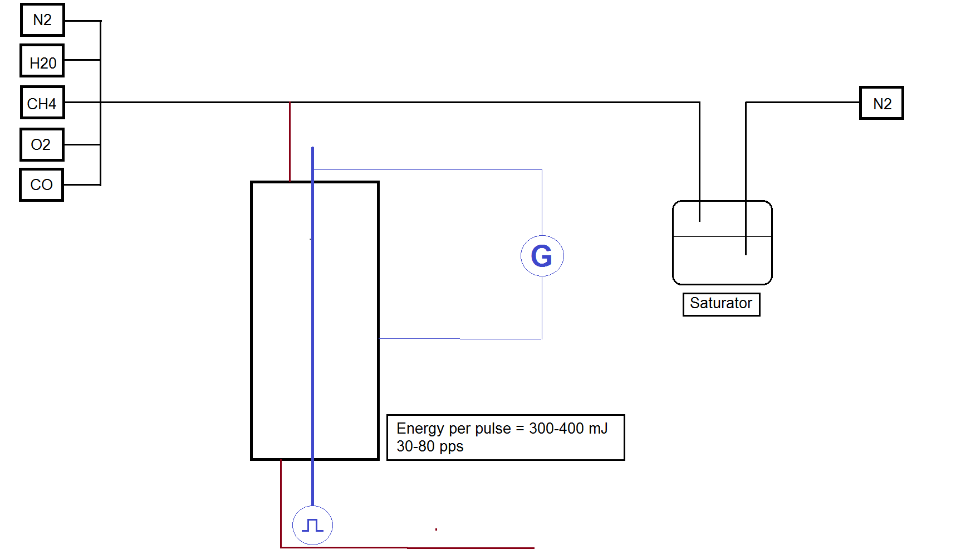When you try your best but you don’t succeed
When you get what you want but not what you need
When you feel so tired but you can’t sleep
…
And I will try to fix you
Arriving to a top-notch University in a ‘first world country’ in Europe to perform cutting-edge research in a topic you love, sounds like an accomplished dream, doesn’t it ? However, nothing is entirely rosy, especially when you are dealing with an experimental thesis. Doing an experimental PhD requires lots of trials and errors. Many hours of your day are devoted to find solutions to problems that seem simple in theory, but that are quite complex in practice. Most of your time you are passionately looking to solve problems, and at the end of your day, when you finally found a way to surpass your issue – eureka! – you often get a great reward: a new technical problem!
via GIPHY
How to deal with this ?
Your patience and motivation will be challenged every day. You must keep in your mind the reasons why you choose to do a PhD. In my case, I always wanted to work with greener technologies to intensify processes, so that’s why I chose my PhD in a plasma technology to clean syngas.
During my master’s courses, I read a lot about the advantages of using plasma, like fast cracking, production of ions, increased reactivity at low temperatures … but only until starting the PhD I noticed the small challenges of a plasma: sustaining a wire mechanically in a cylinder at high temperatures, how to keep an uniform distribution of the plasma, measuring energy and taking samples at such conditions. Those problems are unnoticed when you see a nice sketch of the equipment (like the one of my setup, which is below).

Nevertheless, I am reminded daily why I liked the topic so much: because I will be among the few researchers that will know how to practically use a plasma for having a syngas that can be used to produce cleaner electricity. So, as a ‘good advice’: always remember those reasons that brought you to your PhD, do not pretend to solve everything at once and work hard every day on the issue you want to fix.
Proposing new ideas… Are you really sure it can be done ?
Doing a new experiment could be something as simple as going 100° C higher than usual, increasing the frequency of the energy input or simply increasing the concentration of a compound. If you want to do things like that, you must be aware of the limits of your equipment as well as how simple or complicated are the changes you want to make. Maybe you could have reached the maximum concentration or frequency, and to have a higher one you need a new complete setup.
For other factors like temperature or pressure, you must be aware of the operational limits, because you don’t want ever to overpass them. Overpassing the operational limits of your equipment could crash it and acquiring a new one is very time and money consuming…in the case where getting a new equipment is possible. But this should not stop you from proposing new ideas
My advice?
If you want to pursue a PhD write on a piece of paper the reasons why you chose that option and not another one. Keep that clear in your mind. And secondly, face your problems one at the time, do not pretend to be perfect at first, but work every day on them. And finally, read a lot and give new ideas for experiments, try to think in small changes instead of big ones and talk a lot with the technicians, they are the ones that make anything possible.
About the Author:

Yamid is our ESR06. He originally is from Colombia, but moved to Belgium to work on his PhD as an employee of the University of Leuven. He is a lover of croissants, Viennese chocolate, patacones and Belgian fries. His main task is to find the best conditions to clean syngas, obtained from municipal solid waste, using a pulsed-corona plasma, which will allow to use syngas in a greener and more efficient power generation and chemical synthesis processes. You can contact him at . |


